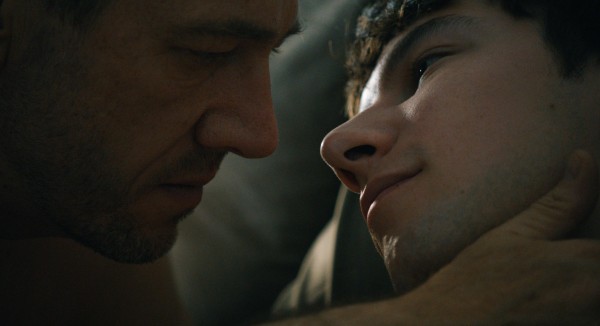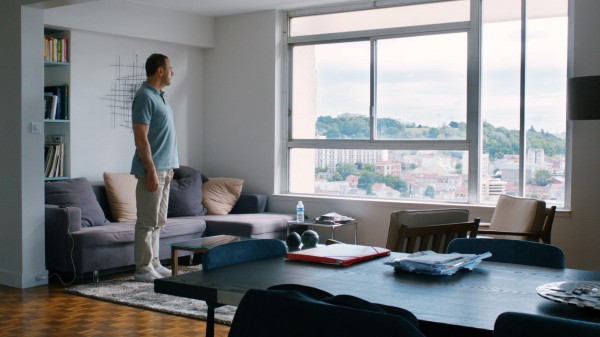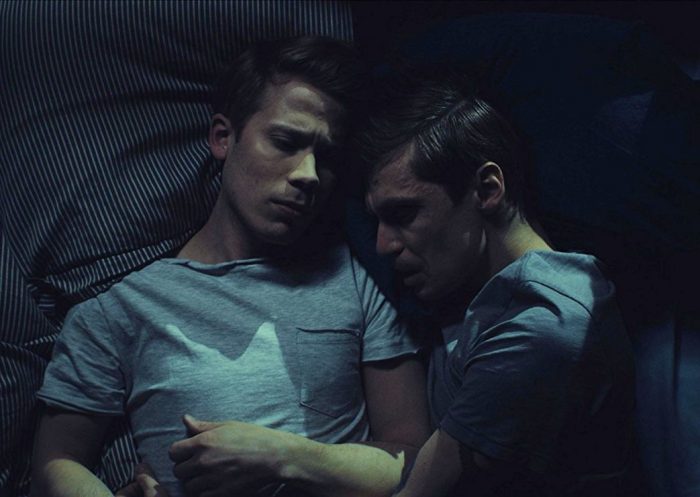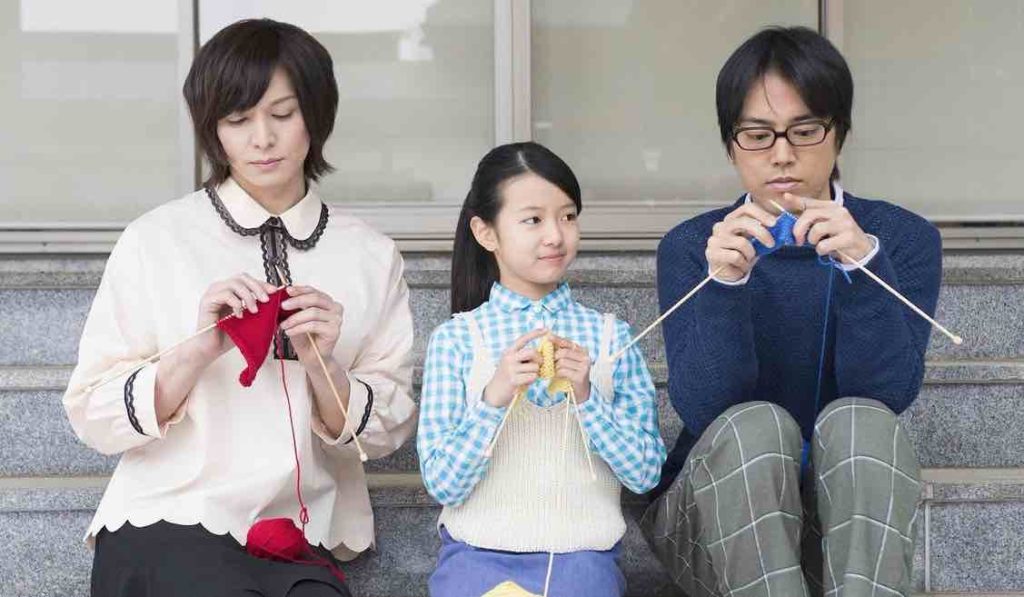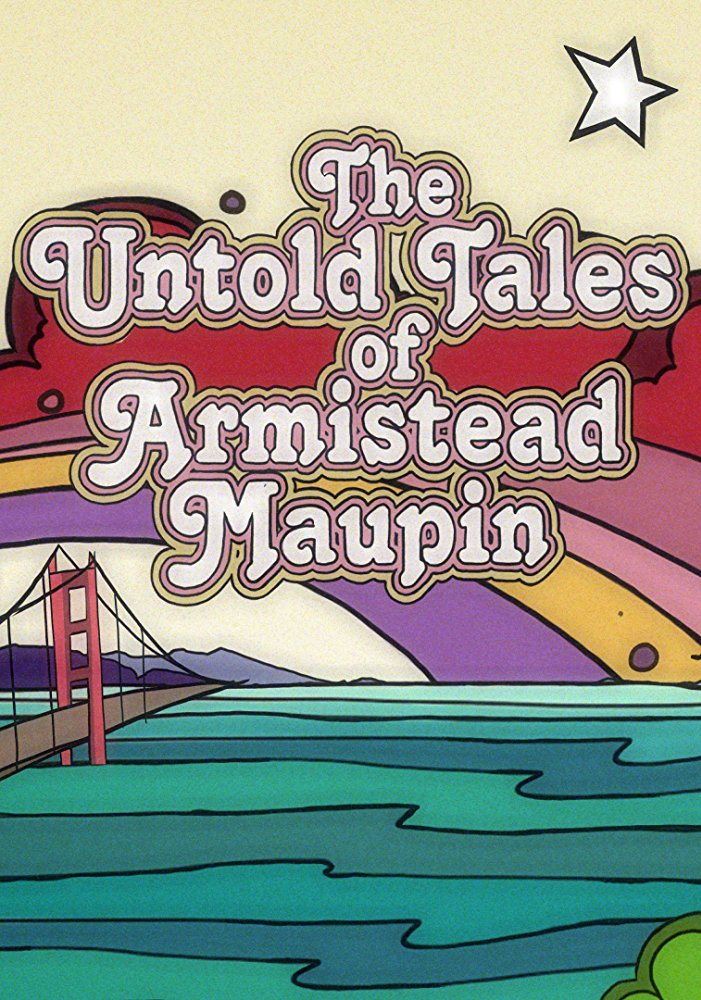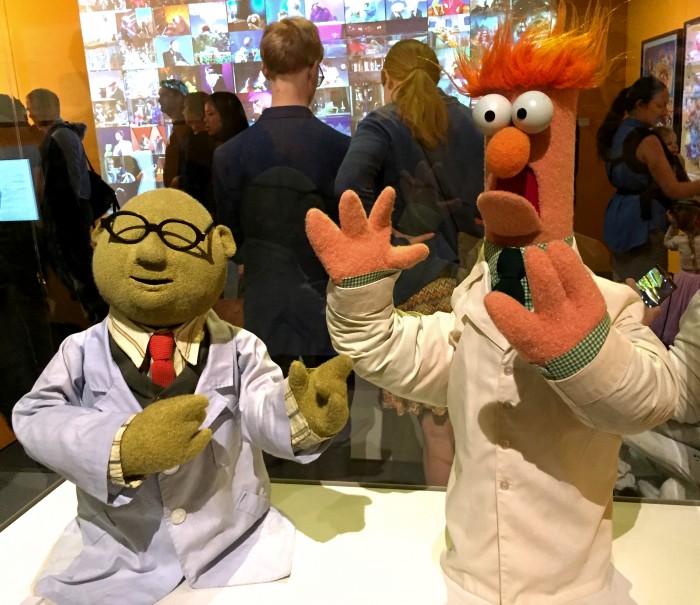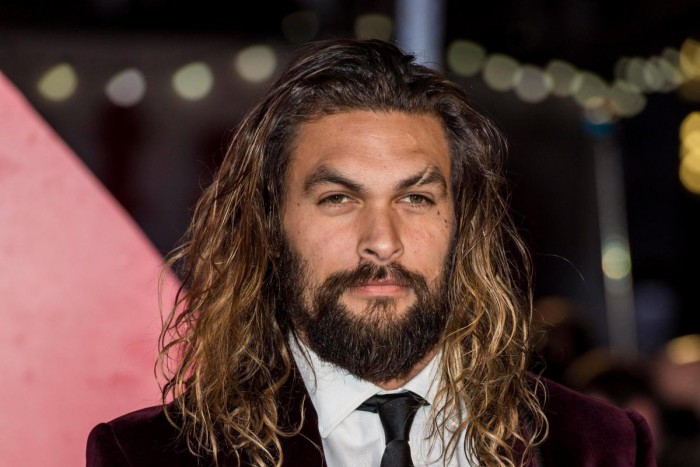An ocean of people shuffle about on their daily business at a train station in urban Paris. Men and women in suits rush off to their routes. Residents of the city chat on their phones as they stroll along, often sidling their way past photo booths, Coca-Cola machines and other human forms as they make their way along their day. Occasionally, someone stands out. He stands aimlessly, loitering with no purpose or sense of direction. A young boy, just barely a man. People of a higher class slow down and look back when they walk past. Maybe they’re curious, maybe they’re cruising or maybe they’re just disgusted.
The first ten minutes of French director Robin Campillo’s Eastern Boys is spent analyzing such small moments as these, nearly silent and otherwise completely detached from the action on the screen. The sequence forces you to analyze every second and every transaction in searching for purpose, or at the very least a protagonist. It’s a fitting opening for what proves to be a very challenging and emotionally complex film.
Olivier Rabourdin stars as Daniel, a handsome and very well-off man in his early 50s. He meets a soft-faced and mysterious young man in the station, an impoverished and homeless immigrant from Eastern Europe named Marek (Kirill Emelyanov). They agree to meet at Daniel’s house the next day – 50 euros for whatever Daniel wants to do with him. The following two hours are some of the most demanding cinema of recent memory. The power structure of their relationship is constantly shifting and evolving, which is at times more infuriating than anything else.
However, bearing through the frustration pays off. At one point in the film, the tide has just turned and Marek has helped to contribute toward an act of aggression and violence against Daniel. When they meet up again mere scenes later and resume their sexual relationship, Daniel’s motivation for doing so remains undefined. Maybe his lust for Marek is so strong that he’d be willing to give up anything in order to be with him. Maybe he’s working against a ticking clock and wants to create a relationship out of desperation. Or maybe he sees something in Marek worth fighting for. The reasoning behind these decisions is never fully explained and the film surprisingly benefits as a result, leaving spaces in between individual moments for the audience to fill in themselves.
A new element is introduced when we learn more about Marek’s past. The story shifts from a narrative about the experience of a middle-aged, arguably closeted gay man and becomes a reflection on the lives of European immigrants. Though the shift in the narrative is ingenious on the surface, its execution is a major stumble. The transition is rocky as the film attempts to suddenly acquaint itself with new characters and different plot threads. There’s also moments toward the end when the film becomes suddenly cliché and melodramatic, which is surprising considering its masterfully planned and beautifully filmed first act.
The conclusion to Eastern Boys is ultimately just as challenging as its opening, but in an entirely different way. People have been sacrificed and lives have been torn apart, yet the film attempts to inject a silver lining in its denouement. Whether or not we as the audience should take pride or feel happiness in this moment is completely uncertain. Perhaps this is for the best. Again, fitting for what may be the most frustrating, but ultimately rewarding film of the year so far.
Eastern Boys had its American premiere in Los Angeles last week and will be released on DVD in June.


